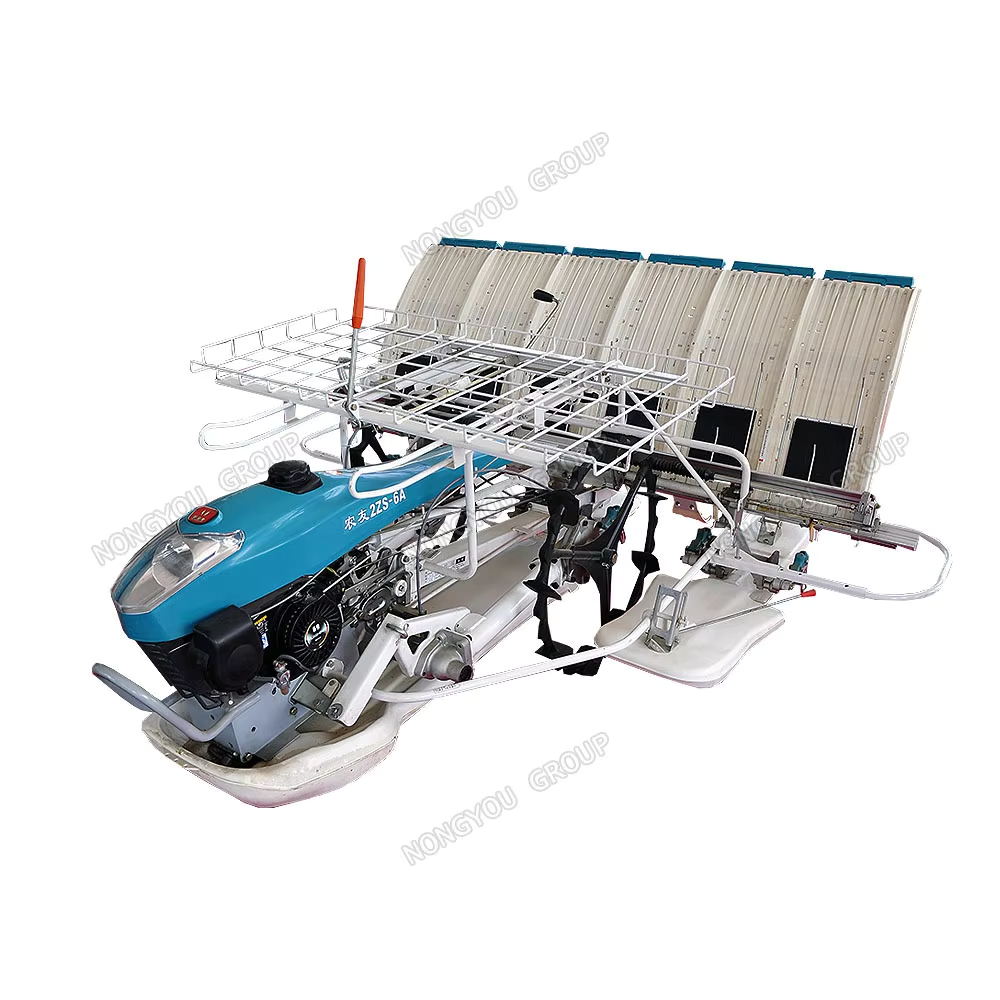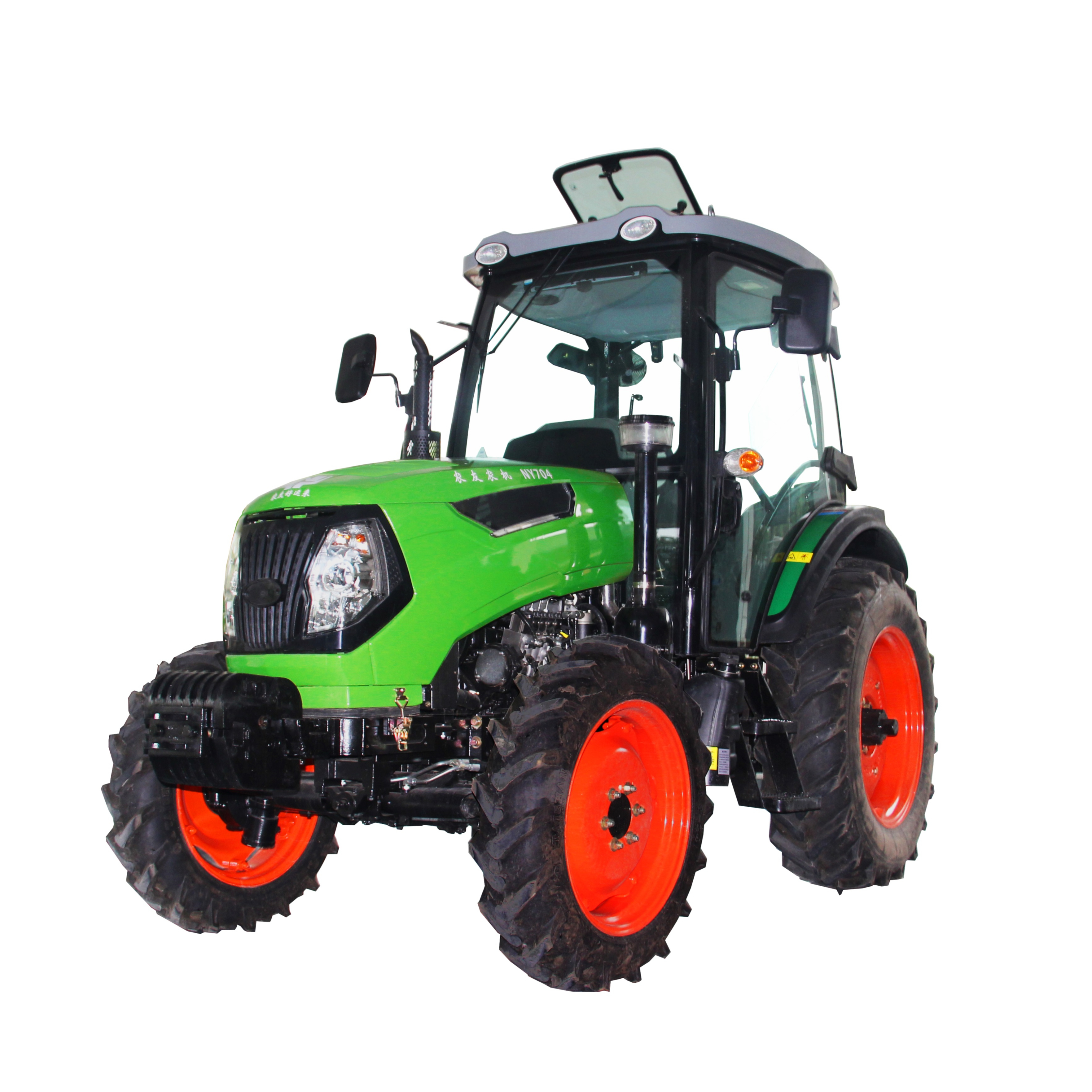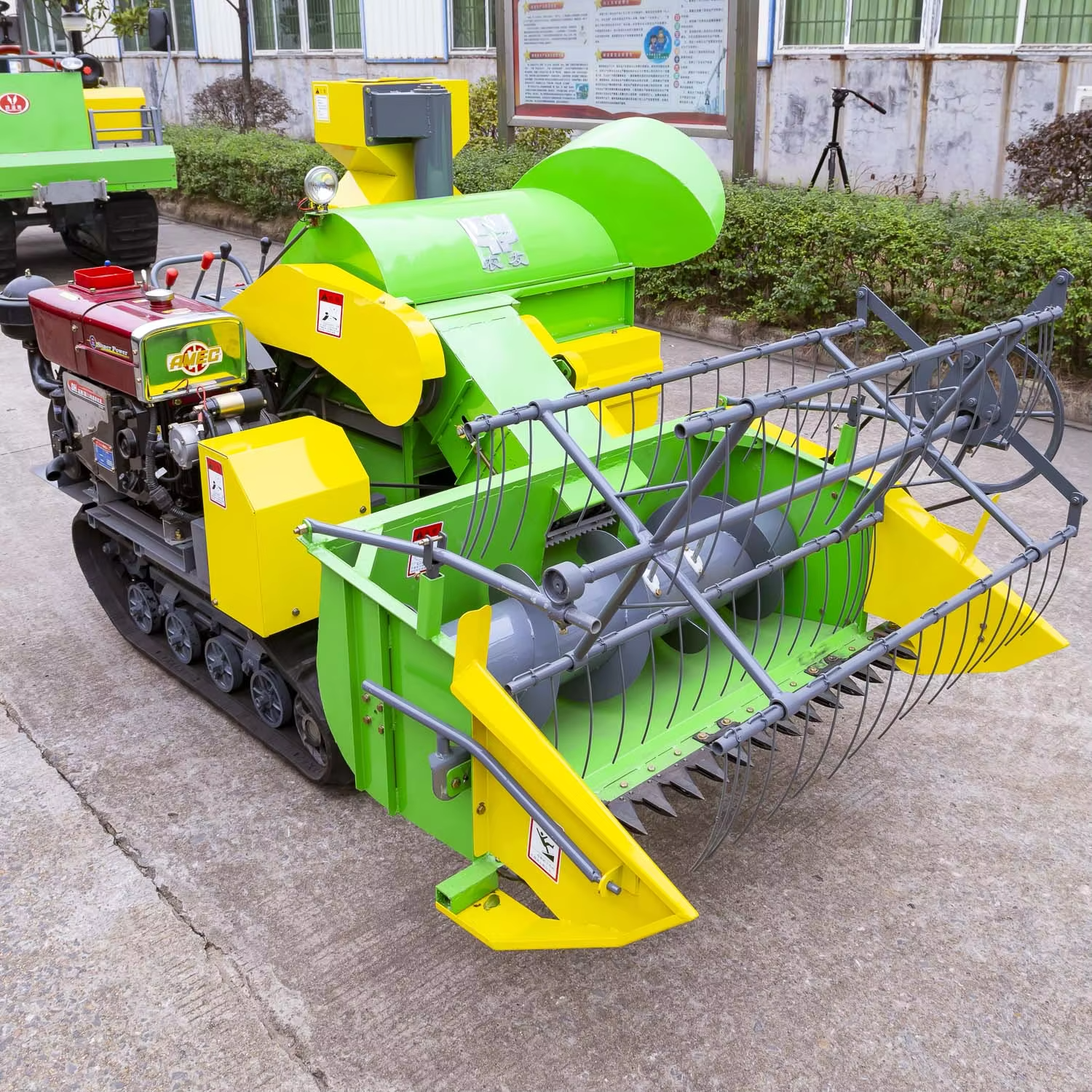flour mill
A flour mill represents a sophisticated piece of equipment designed to transform various grains into fine, consistent flour through a precise grinding process. Modern flour mills combine traditional milling principles with advanced technology, featuring automated control systems and multiple grinding stages to ensure optimal results. The equipment typically consists of intake hoppers, cleaning mechanisms, grinding chambers with hardened steel or stone rollers, and sifting systems that separate flour by particle size. These mills can process different types of grains including wheat, corn, rice, and other cereals, producing flour with specific characteristics for various applications. The system's efficiency is enhanced by temperature-controlled grinding chambers that prevent heat damage to the grain's nutritional properties. Advanced models include digital monitoring systems that maintain consistent quality and allow operators to adjust settings in real-time. With processing capacities ranging from small-batch operations to industrial-scale production, flour mills serve diverse needs from artisanal bakeries to large food manufacturing facilities.


